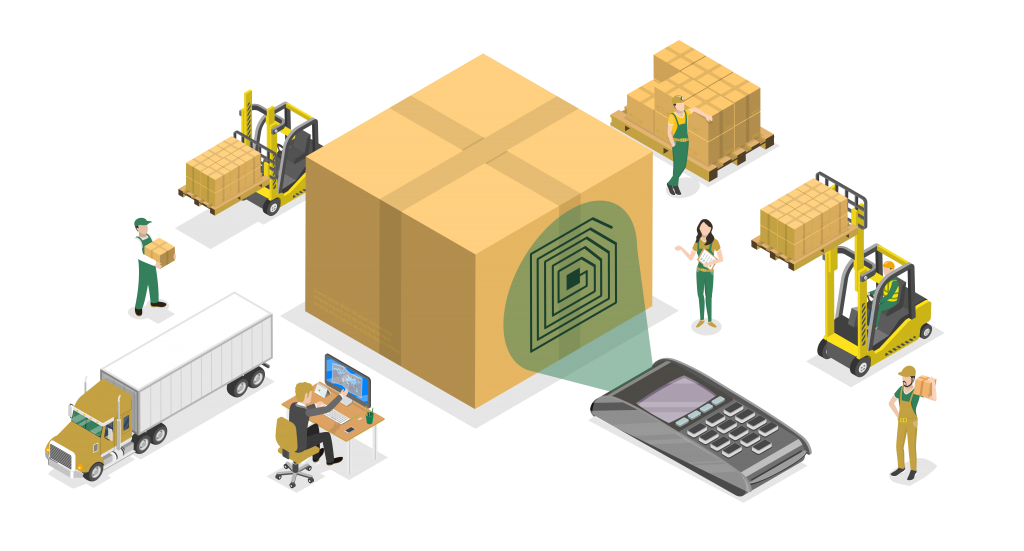Importance of Traceability in Farming
Traceability is the ability to track the movement of products through the supply chain from the point of origin to the point of consumption. In farming, traceability is crucial for several reasons:
Food safety: Traceability is important in ensuring food safety by identifying the source of any potential contamination or disease outbreaks. By tracking the entire production process, farmers can quickly isolate and remove any contaminated products from the supply chain, preventing the spread of disease and minimizing the risk of foodborne illness.
Quality control: Traceability allows farmers to monitor the quality of their products at every stage of the supply chain. By identifying any quality issues early on, farmers can take corrective action to improve the quality of their products and ensure that they meet consumer expectations.
Compliance: Many countries have strict regulations governing the production and distribution of food products. Traceability helps farmers comply with these regulations by providing a record of every step in the production process, making it easier to verify compliance with standards and regulations.
Brand reputation: Traceability is important for building and maintaining brand reputation. By providing transparency into the production process, farmers can demonstrate their commitment to quality and safety, and differentiate themselves from competitors who may not have the same level of transparency.
Consumer trust: Traceability is important for building consumer trust. By providing information on the origin and quality of their products, farmers can give consumers confidence in their products and help them make informed decisions about what they eat.
Overall, traceability is a critical component of farming, as it helps ensure food safety, quality control, compliance with regulations, and build consumer trust and brand reputation.

